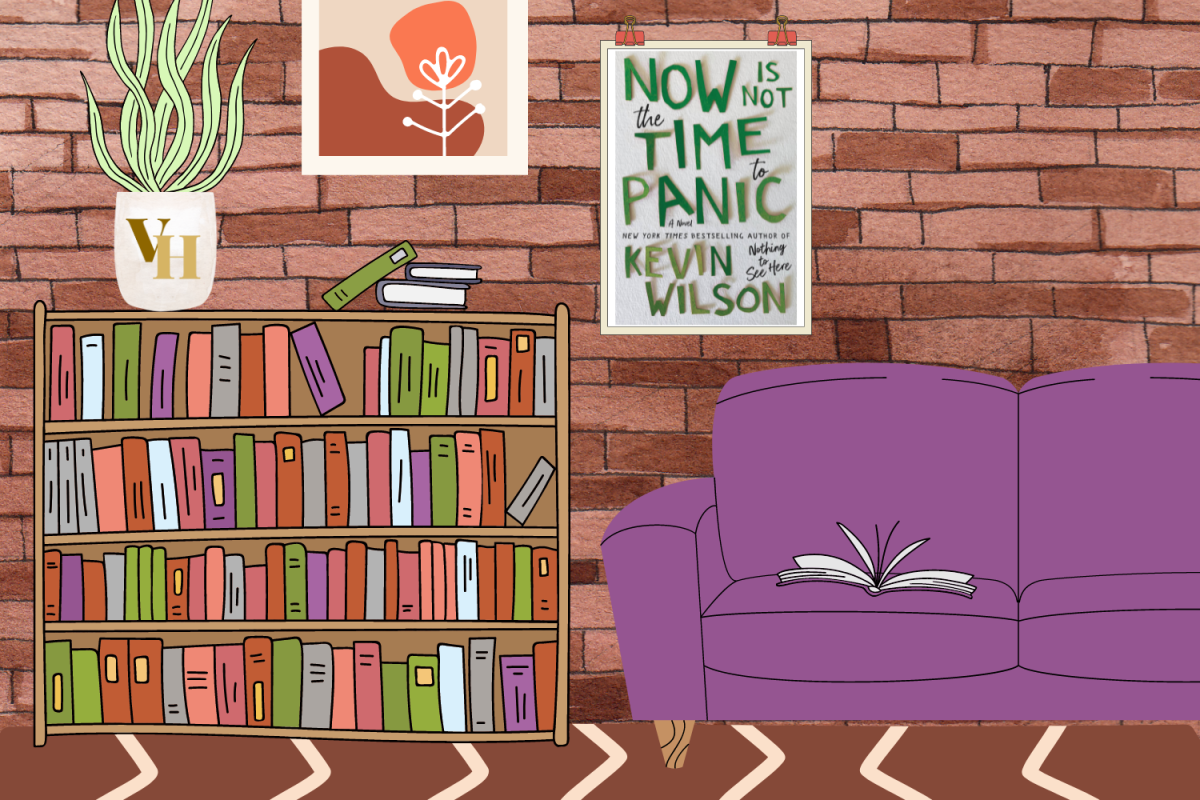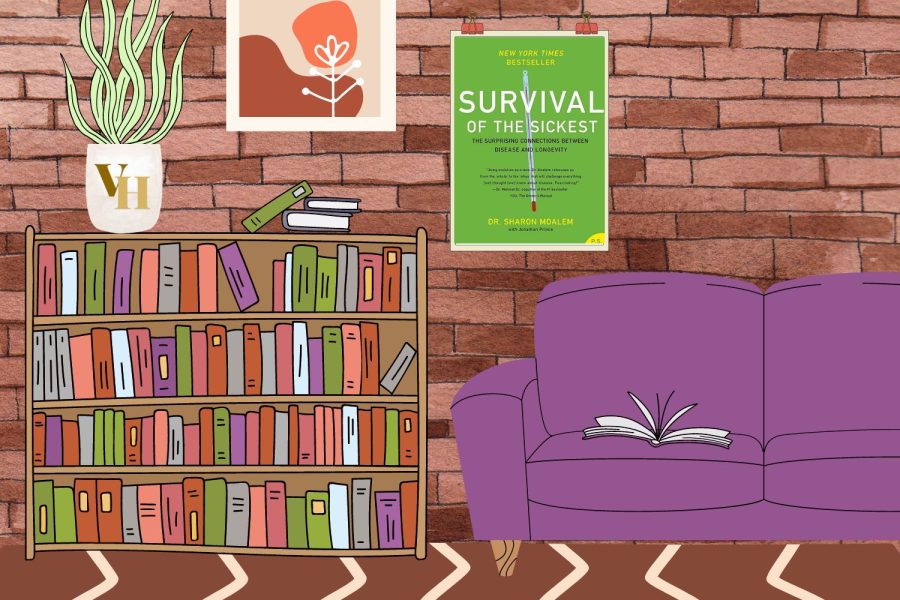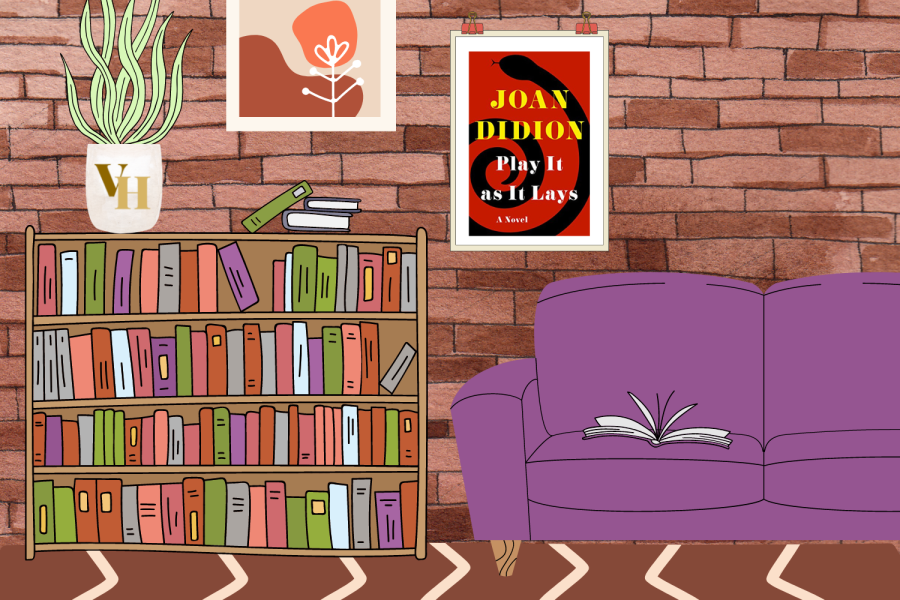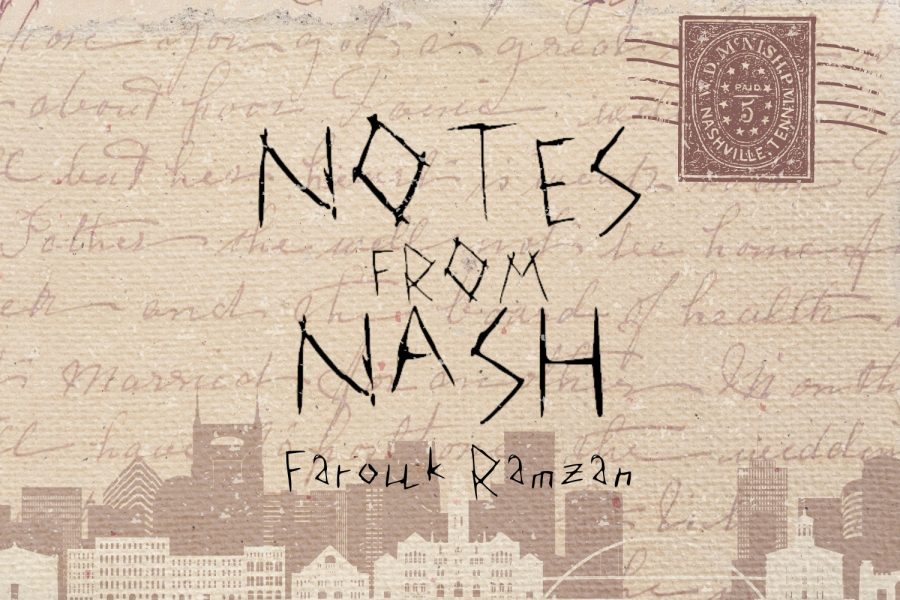I’ll be the first to admit that I do in fact judge a book by its cover. As a long-time enthusiast of sci-fi and fantasy novels, I’ve grown accustomed to ornate and beautifully embellished book jackets. Thus, imagine my horror after consulting my syllabi and discovering that this beige atrocity was on my long list of required reading. Left with no choice but to begrudgingly open the book, my initial judgments were almost immediately disproven. Absurdly, I found myself sacrificing more pressing assignments and sleep in favor of the novel. It took every ounce of restraint to put it down.
Whatever appeal “Heavy” lacks from its exterior is effortlessly forgotten when exploring its interior. As author Kiese Laymon reflects on his life in Jackson, Mississippi, from adolescence to adulthood, he seeks to finally digest a lifetime of adversity that he spent much of his adult life fleeing from. Laymon tackles everything from systemic racial oppression, often seen through recounts of his mother’s life to battles with body image to explorations of sex and sexuality. Though its brevity may be deceiving, “Heavy” is neither for the faint of heart nor those looking for a quick weekend read. At times, Laymon’s writing is honest to the point of morbidity. More than once, after concluding a particularly disheartening chapter, I felt forced to take a break and switch to more uplifting tasks.
Yet, this nauseating discomfort is exactly how Laymon wants you to feel. The motif of challenging what is deemed appropriate, especially in writing, presents itself in a myriad of scenes throughout the memoir. Laymon most blatantly establishes this theme as he obliterates the typical conventions of novels, choosing instead to interweave walls of text with occasional poetic structures including enjambment, playful rhymes and run-on sentences. This flagrant disregard of archaic conventions is part of what makes “Heavy” so alluring, pushing both breath and brain beyond their typical constraints. Not only does this dispel the typical monotony of nonfiction writing, but there is also something indescribably refreshing about reading something where the author is unapologetically themselves.
In the opening chapter of the book, Laymon admonishes the tendency of modern-day literature to write to appease the audience rather than the author. He declares several times that he chose to speak the truth even though he “wanted to write a lie” and employ a misleading happy ending that would signal to the audience that things always work out okay in the end. The ugly truth is that, for a significant portion of Black people in the U.S., that ending is not true. Many of us never learn to cope with the racism and discrimination that occurs on a near-daily basis. Seeing an author finally admit that everything was not okay allowed me, for the first time, to read a piece of literature in which I felt understood and catered to.
Unsurprisingly, a large portion of Laymon’s memoir was also devoted to how he fell in love with writing. As he tells it, his life and writing have been entangled since childhood. In his early years, he grew to despise writing, both because his mother used it as a means of punishment and because schools forced him to read lifeless texts by white authors whose stories and life experiences he could not relate to. Thankfully for Laymon, Millsaps College provided new opportunities to take courses and read literature that piqued his interest. He specifically nods to the works of Lucille Clifton, Richard Wright and other Black writers as integral to his commitment to writing and people that share his background. In a particularly poignant chapter, Laymon describes how he finally mustered the confidence to publish an essay about his experience as a Black student at a predominantly white institution in the school newspaper. His dreams were swiftly and cruelly stamped out. He writes that the “liberal” student body balked at the notion that they could possibly be anything but inclusive, and the accusations of microaggressions and exclusion were a slap in the face for them. The administration flagged his essay as “satirical” and removed it from the paper. Laymon states that he received death threats and had slurs hurled at him all for trying to promote thinking that went against the norm.
In an ideal world, Black people would be able to stand up for themselves and tackle these daily injustices. However, consistent with his mission in the beginning of the book, Laymon reports reality. He argues that, until society as a whole changes, individuals, especially those of color, lack the social capital and credibility to change others’ minds. Once again, he sticks to his truth despite knowing that it may not appease his consumers. Ironically, even after he overtly opens the memoir with this commitment to honesty and acknowledgment that it may be polarizing, a Goodreads once-over will reveal that many readers seemed to somehow miss this goal and are quick to take offense to his rhetoric.
Regardless of where you lie on the political spectrum or if you agree with Laymon’s worldview, “Heavy” offers a type of brutal honesty that is becoming increasingly rare in literature. It is important to understand that Laymon is not seeking consumer validation in writing. In doing so, it becomes easier to view his memoir through a wider lens and appreciate the boldness and creativity it brings to a formulaic and oversaturated biography genre. Due to its aggressively different narrative and tactful handling of a variety of themes including cultural belonging, relationships with food, self-love and so on, Laymon exceeds his mission. “Heavy” casts such a wide net that you are bound to find yourself captured, making it a strong contender for your “to be read” list.










